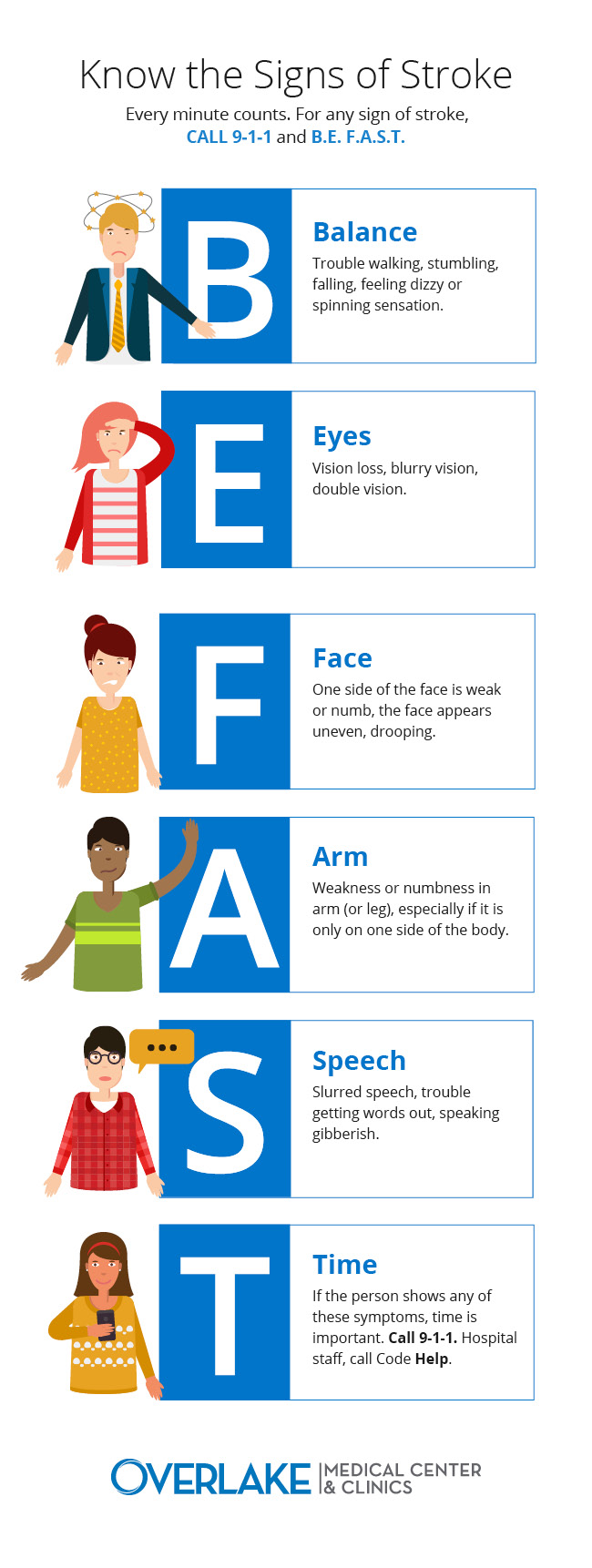A Stroke Survivor’s Advice: Don’t Drive, Call 911
May being Stroke Awareness month has special meaning for Bellevue’s Paul and Geney Cowgill. On May 18, 2013, Paul awoke with signs of a stroke. His speech was garbled and Geney says he did not realize it, getting frustrated that she was not understanding him. “He was darling but not docile."
Then, Geney made a tough decision that she believes may have saved her husband’s life. She went against her husband’s wishes and called 911. Bellevue Fire Department’s Medic One rushed Paul to Overlake Medical Center where, by the time he arrived, “He was in bad shape,” says Geney. “He had to be intubated, it didn’t look good for him.”
But Paul’s life was saved, in part because treatment began quickly. “When someone is in stroke, they are losing two million brain cells each minute,” explains Abhineet Chowdhary, MD, director of the Overlake Neuroscience Institute.
Calling 911 is critical for surviving a stroke. The ambulance gets patients to the hospital faster, and the EMTs call the hospital to let them know what's going on with the patient. The hospital is then prepared, and the patient goes straight to a bed without needing to be triaged.
“When it comes to stroke, time lost is brain lost,” says Dr. Chowdhary.









